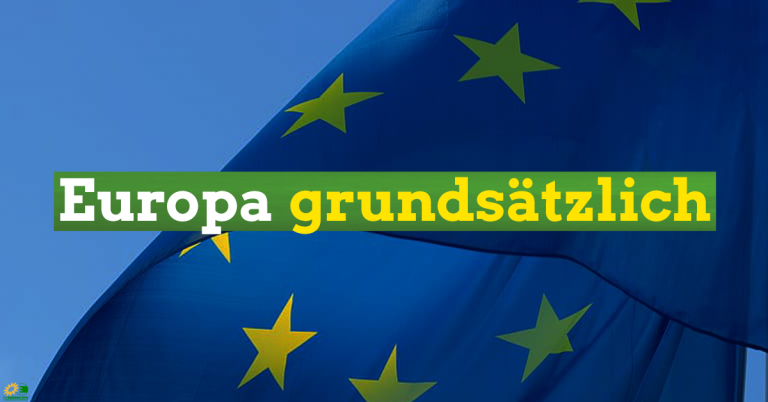Implementation of the GloBE common approach on minimum taxation by individual EU Member States in compliance with EU fundamental freedoms
Legal Study by Joachim Englisch, Professor for Public Law and Tax Law at the University of Muenster.
This study has been commissioned by Sven Giegold MEP.
Executive Summary
1) On July 1st, 2021, a political agreement was reached by 130 Inclusive Framework member countries on a common approach regarding the “Pillar 2” GloBE minimum tax regime. Countries willing to implement GloBE are encouraged to do so by 2023 on the basis of further technical work to be concluded in October 2021. While the EU Commission has declared its intention to table a proposal for a directive to ensure a harmonized implementation of the GloBE within the EU, the prospects of this initiative are currently uncertain. Individual EU Member countries might therefore wish to proceed unilaterally, at least on a temporary basis.
2) If implemented as envisaged by the GloBE Blueprint and without any modifications, the Income Inclusion Rule (IIR) and the Undertaxed Payments Rule (UTPR) as the primary instruments for the collection of top-up tax on under-taxed profits would infringe the freedom of establishment as guaranteed by the European Treaties. Based on the settled case law of the CJEU, this could not be justified unless an extensive carve-out for “substantial activities” were introduced for intra-EEA relationships. However, this would be contrary to the agreed GloBE common approach and it would furthermore undermine the effectiveness of the minimum tax.
3) In order to avoid the problematic restrictive effects of the collection of top-up tax from the outset, and thus also steer clear of any need for justification, the internationally agreed minimum tax regime could be extended so as to cover also situations of domestic under-taxation of profits, including in case of purely domestic groups. The collection of top-up tax would then no longer exhibit any overtly discriminatory features. In the light of more recent CJEU jurisprudence, this approach should furthermore also not constitute any indirect or de facto discrimination of the exercise of the freedom of establishment, provided that the GloBE methodology of calculating the effective tax rate were maintained also in a purely internal context. Any eventual disparate impact of the minimum tax regime on cross-border situations would then not be inherent to it, but would instead have to be qualified as a “fortuitous” result of the application of neutral differentiation criteria, to which the CJEU has no objections.
The application of the IIR and the UTPR also to under-taxed profits of domestic group entities would therefore be a viable option for an implementation of GloBE that is in conformity with EU/EEA fundamental freedoms. It could furthermore also be justified on the basis of legitimate tax policy considerations, and it would potentially also have favorable revenue effects. The increase in compliance costs, if any, would be moderate at least if the internationally agreed GloBE consolidated group revenue threshold were maintained.
4) As an alternative, an EU Member State could also convert GloBE into a form of unitary minimum taxation with universal application regarding both, locally earned and foreign-sourced profits. The compatibility with the freedom of establishment would thereby also be achieved. This approach would have several additional advantages, including a more comprehensive coverage of the minimum tax regime. As a caveat, it would have to be ensured that it is accepted by other Inclusive framework members as an equivalent collection mechanism in lieu of the IIR and UTPR.
Link zum Download: https://sven-giegold.de/wp-content/uploads/2021/07/20210709_Englisch_legal-study_implementation-minimum-tax-individual-member-states.pdf

